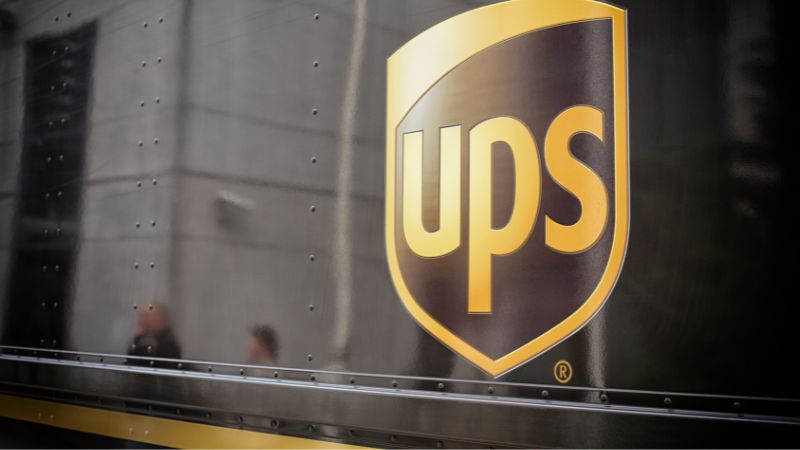There’s nothing worse than getting in trouble with your boss for not calling in sick.
So in this article, we will learn exactly how to call in sick the right way if you work at UPS.
How to Call in Sick at UPS
To call in sick at UPS, you should contact your supervisor directly as soon as possible. At some UPS locations, there’s a direct book-off service line that you can use to call in sick. Either way, you should call in sick at least 1 hour before your shift is scheduled.
KEY TAKEAWAYS
- The phone number for calling in sick at UPS is your direct store line.
- UPS cannot force you to work if you are sick; in fact, they prefer if you don’t come in when you are ill.
- There is no official limit to how many call-ins are allowed at UPS.
Now, we are about to discuss if you can get fired for calling in sick at UPS. As well as if they can force you to work and what happens if you no-call, no-show at UPS.
So if you want to fully understand UPS’ policy on calling in sick, keep reading.
Can You Get Fired for Calling in Sick at UPS?
UPS’ attendance policy can be a little confusing. But although there is no clear-cut answer from UPS that states whether or not you can get fired for calling sick, it certainly is possible.
According to UPS employees, you can call out sick as needed. However, if you do so on a regular basis, you will likely receive disciplinary action. And you very well could get fired from UPS.
But while it is up to your supervisor as to whether or not you get fired for calling in sick at UPS, employees have reported that it is not very likely.
In order to stay in your supervisor’s good graces, you should call in sick to UPS at least 1 hour before your shift. If you call in any later, they will likely be short-staffed. And it could lead to additional problems with your manager.
Can UPS Force You to Work if You Are Sick?
Next, you should understand that UPS cannot legally force you to work if you are sick.
In fact, they actually request that you don’t come to work if you are sick. As you may infect your fellow coworkers and customers.
That being said, if your supervisor doesn’t believe that you are truly sick, they may try to convince you to come in for your shift.
Now, you might be wondering: What do you say when calling in sick to make sure they believe you?
The best thing to say when calling in sick to UPS is that you have contagious symptoms. These include but are not limited to cough, fever, or sore throat.
But it is vital that you are honest. As if your supervisor finds out you are making up those symptoms, you could face disciplinary action.
How Many Call-Ins Are Allowed at UPS?
Technically you are allowed to call in sick 5 times at UPS within 6 months. However, it is important to note that this is not the official attendance policy but instead the general consensus of most UPS locations.
Therefore, your supervisor could inform you that you are in danger of disciplinary recourse. Even if you call in sick less than 5 times in 6 months. And you should always heed their advice, as you could get fired from UPS for calling in too many times.
So, what should you do if you are out of sick days? If you are out of sick days, you need to use your PTO or paid time off. In this case, you still need to contact your supervisor and inform them that you will use PTO to take the day off.
Although it can be frustrating to use your PTO when you are sick, it will be worth it to keep your job!
What Happens if You Make a “No Call, No Show” at UPS?
While calling in sick too late could irritate your supervisor, it is far better than not calling and not coming in!
In fact, if you make a no-call, no-show at UPS within your first 30 days of employment, it is highly likely that you will be immediately terminated.
If you have worked for UPS for years, you may be able to apologize to your manager. And hopefully, just get away with a slap on the wrist.
At the end of the day, UPS’ attendance policy isn’t completely cut and dry. Therefore, the outcome of calling in sick multiple times or not showing up for your shift will depend completely on your personal relationship with your supervisor.

